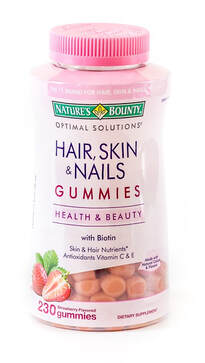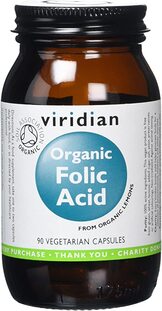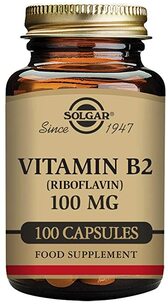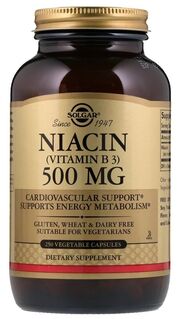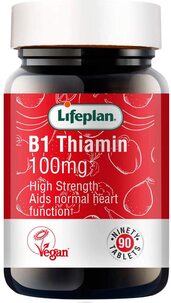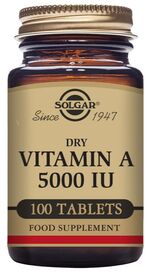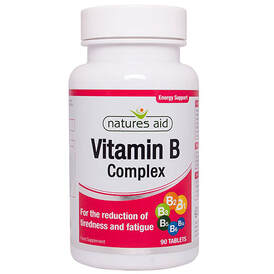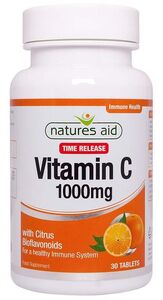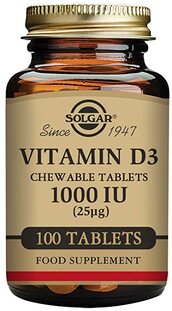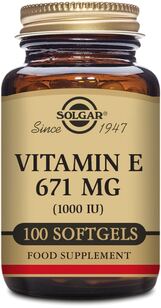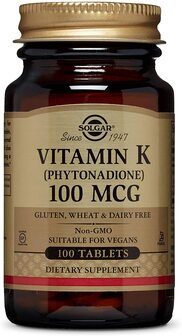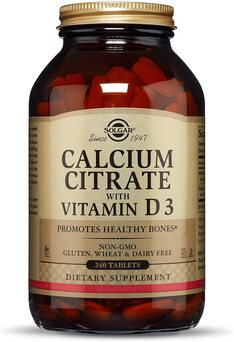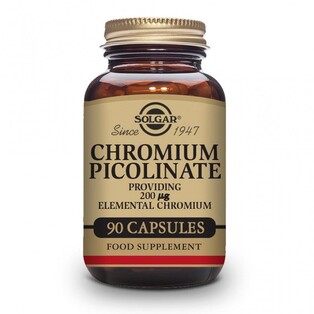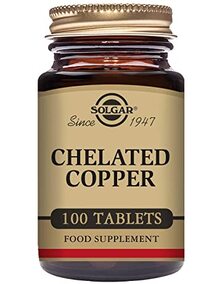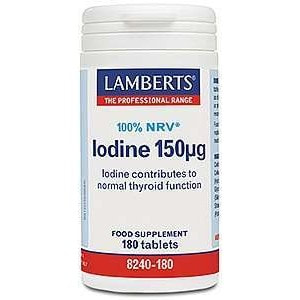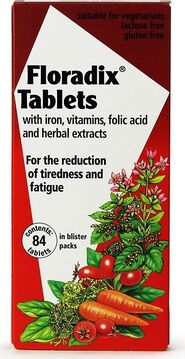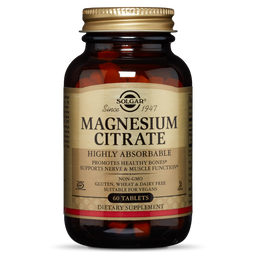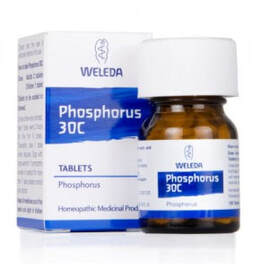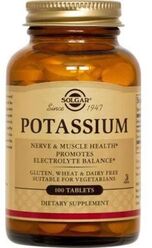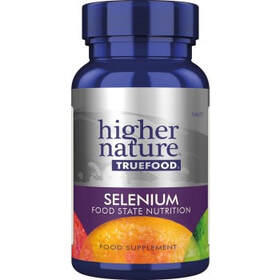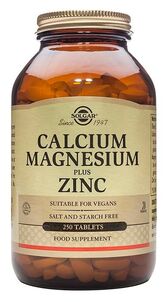Vitamins
Vitamins area a organic compound that are essential for regulating the metabolic functions and the processes that release energy from food.
There are 13 known vitamins that can be categorised as either fat-soluble (A,D,E and K) or water-soluble (the eight B vitamins and C)
Minerals
Minerals are present in the body but in small amounts, in total they make up only 4% of body weight.
They are essential for variety of vital processes from basic bone formation to the normal functioning of the heart and digestive system, unlike the vitamins minerals are not organic they are inorganic.
Biotin and Pantothenic acid
|
Calcium
|

